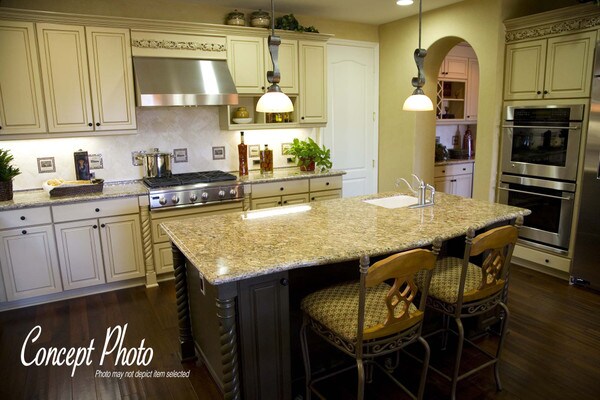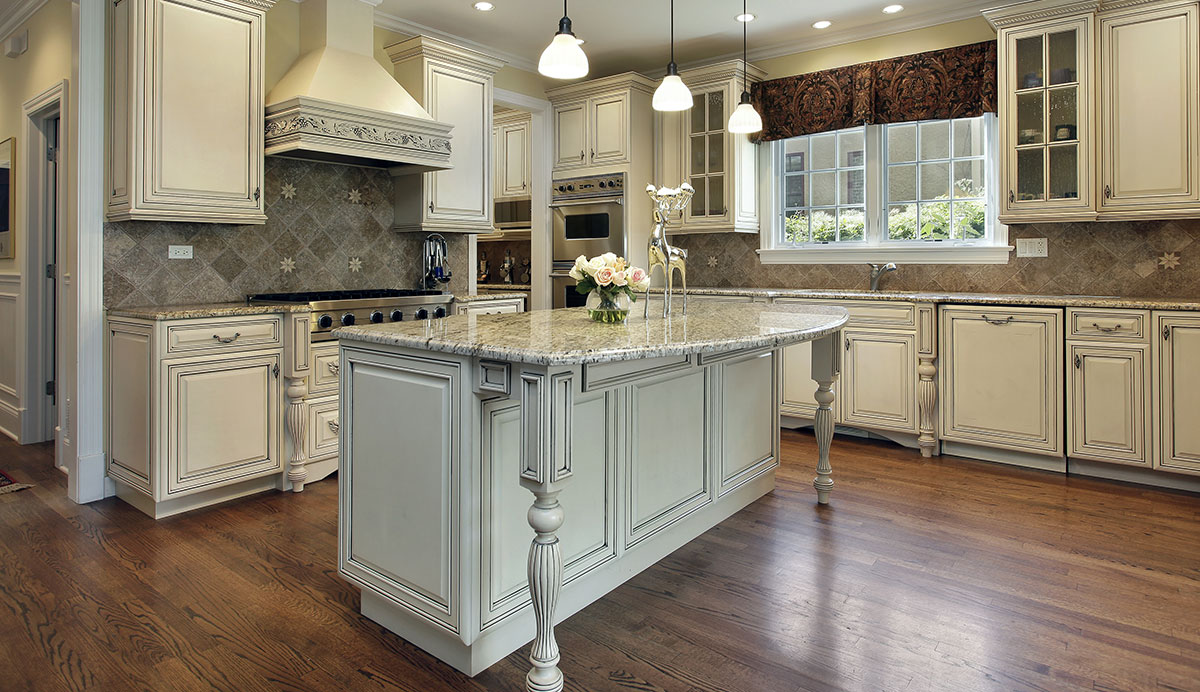Elevate Your Space with Fashionable Legs For Kitchen Island Styles
Elevate Your Space with Fashionable Legs For Kitchen Island Styles
Blog Article
An Overview to Selecting the Perfect Legs For Kitchen Area Island for Your Home
Choosing the optimal legs for your cooking area island is a nuanced choice that influences both the capability and aesthetic charm of this central area. Elements such as height, materials, and style play a vital duty in integrating your island with the general kitchen design. Additionally, recognizing the importance of security and maintenance can dramatically affect your selection. As you think about these components, it comes to be evident that the ideal legs can change not just the appearance of your kitchen yet also its usability for years ahead. What details features should you prioritize in this option procedure?

Comprehending Kitchen Island Legs
When choosing legs for a kitchen island, it's vital to recognize their practical and aesthetic functions in the total layout. The legs act as an important support system, ensuring stability and longevity for the island, which typically functions as a work space, eating area, or gathering place. The option of product and construction method must be durable enough to stand up to everyday use and possible wear.
In enhancement to their structural duties, legs add considerably to the island's visual allure. They can enhance the kitchen's design, whether through traditional, contemporary, or eclectic designs. The elevation and percentage of the legs are likewise important factors to consider; they have to balance with the island's counter top height while guaranteeing comfy seating for those making use of the space.
In addition, the leg style can affect the general flow of the kitchen area. Open, ventilated leg styles can produce a sense of agility, while solid, substantial legs might convey a more based and stable visual - Legs For Kitchen Island. Comprehending these practical and aesthetic facets will guide property owners in making notified selections that complement their kitchen's layout and enhance its use
Popular Styles and Materials
The selection of legs for a kitchen island encompasses a selection of prominent styles and products, each offering one-of-a-kind features that can boost both functionality and aesthetic appeals. Conventional legs typically display luxuriant information and craftsmanship, boosting timeless cooking area styles.

Height and Security Factors To Consider

The legs of the kitchen area island need to supply ample assistance, ensuring that the framework can stand up to everyday use without wobbling or moving. Material option plays a significant role in security; metal legs, for circumstances, tend to supply better strength contrasted to wood.
Matching Your Kitchen Aesthetic
Choosing the best legs for your cooking area island goes beyond capability; it additionally plays a significant function in the general visual of the area (Legs For Kitchen Island). When selecting legs, take into consideration the design style of your kitchen.
Legs that complement or comparison with your island's surface area and bordering kitchen cabinetry can create visual harmony or striking focal points. Additionally, think about the finish of the find out here now legs; matte, shiny, or textured surfaces can substantially affect the overall feeling of the kitchen.
Installation and Maintenance Tips
Installing kitchen island legs requires mindful attention to information to make certain both security and visual appeal. Begin by picking a suitable area for your island, ensuring it is degree and has ample room for motion. If you are connecting the legs to a wall or using braces for included support, use a stud finder to locate wall studs. Mark the placement of the legs More Bonuses precisely prior to drilling.
When securing the legs, make use of premium screws and, if needed, wood adhesive for extra stamina. For steel legs, make sure that you are using ideal supports and devices to avoid damages to your floor covering. It is recommended to inspect for levelness after installment, making changes as required to avoid tottering.
Upkeep is just as crucial for durability - Legs For Kitchen Island. On a regular basis examine the legs for any kind of indicators of wear or helping to loosen, specifically in high-traffic locations. Clean the legs with an ideal cleaner, preventing abrasive products that may damage the surface. For wooden legs, consider applying a timber conditioner occasionally to keep their coating. By following these installment and maintenance pointers, you can make certain that your kitchen island legs continue to be both practical and visually attractive.
Verdict
In verdict, selecting the ideal legs for a kitchen island requires careful consideration of height, stability, and aesthetic compatibility. By picking suitable materials and styles that line up with the general cooking area style, capability can be boosted while preserving visual allure. Correct installation and recurring upkeep further add to the sturdiness and longevity of the kitchen area island. Inevitably, thoughtful leg option plays a vital duty in raising both look at this website the practicality and design of the kitchen area space.
When selecting legs for a kitchen island, it's vital to understand their useful and aesthetic functions in the general design. Open, ventilated leg designs can produce a feeling of lightness, while solid, considerable legs may communicate a much more based and steady visual. The legs of the cooking area island should supply adequate support, guaranteeing that the structure can endure day-to-day usage without tottering or shifting.Setting up kitchen area island legs calls for cautious focus to information to make sure both security and aesthetic allure.In verdict, selecting the suitable legs for a kitchen island demands mindful consideration of elevation, security, and aesthetic compatibility.
Report this page